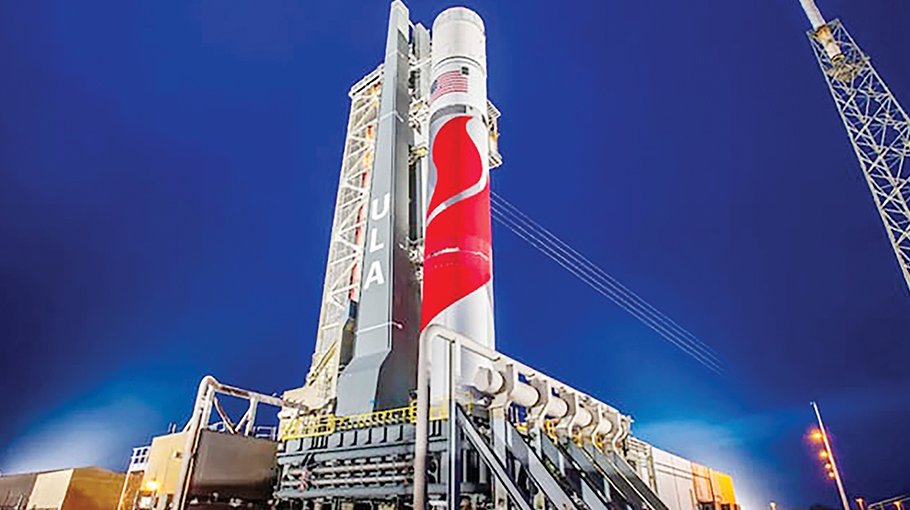US launch of new Vulcan Centaur rocket delayed until January

The maiden liftoff of a new American rocket called Vulcan Centaur has been delayed from Christmas Eve to January 8, United Launch Alliance, the company developing it, said Thursday.
The postponement stems from last-minute technical snags but ULA's CEO Tory Bruno said on X, formerly Twitter, that a recent dress rehearsal on the launch pad went well.
The rocket will be carrying a private lunar lander, developed by the startup Astrobotic, which could become the first such private craft to touch down on the Moon and the first American robot to land on the surface since the Apollo program ended in 1972.
"This is sort of, in a way, the first giant step in the campaign for the US, and for all of our friends, to go back to the Moon, eventually with people," Bruno told AFP in an interview last week.
"It's a pretty big deal to have a payload at all, let alone one that goes to the surface of the Moon," he added.
"We wanted to do something really important and we have a lot of confidence, obviously, in the design of our rocket," Bruno said.
Liftoff for this mission called Cert-1 will take place at the US Space Force launch base at Cape Canaveral, Florida.
In dress rehearsals in recent days, some "routine" issues emerged in the ground system so a Christmas Eve flight is now out and the new window opens January 8, Bruno wrote on X.
Besides the lunar lander, this rocket will carry the cremated remains of several people associated with the original "Star Trek" series, including creator Gene Roddenberry and cast member Nichelle Nichols, who
played the character Uhura. Roddenberry's ashes have been launched into orbit before.
A sample of Bruno's own DNA will also be taken into space. "Who wouldn't want to go to space with Five 'Star Trek' people?" he mused in the interview with AFP.
Vulcan Centaur is meant to replace ULA's Atlas V and Delta IV rockets and designed to carry a payload of up to 27.2 metric tons into low orbit -- comparable to what the SpaceX Falcon 9 can do.



